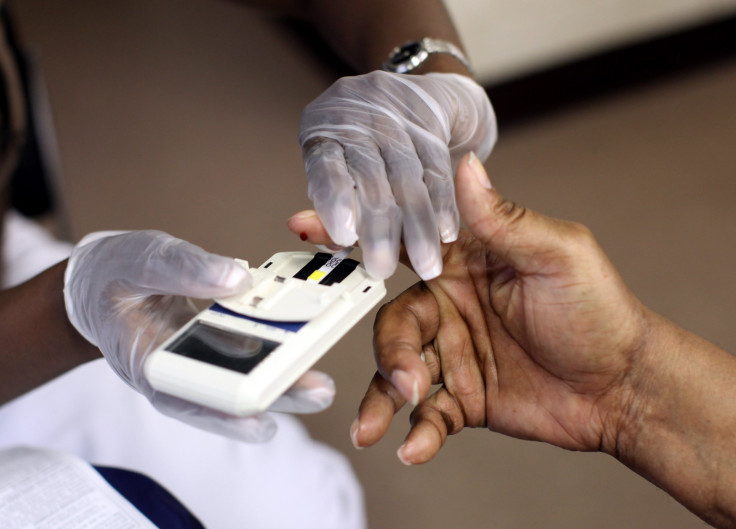Good Cholesterol ‘HDL’ May Not Protect You From Heart Disease; Why You Should Know Your Levels

Your doctor may have told you to lower your cholesterol, but what does that mean exactly when there are three different numbers to keep track of? Good cholesterol (HDL), bad cholesterol (LDL), and triglycerides play their own role in keeping your heart healthy, but a team of cardiologists from the University of Maryland Medical Center want to give your heart a reality check; your HDL levels may not be as good at protecting you from heart disease as you think.
"There's no question that HDL does have a protective role, as we also confirm in the study, but HDL has been hyped-up," said the study’s senior author Michael Miller, a professor of cardiovascular medicine at the University of Maryland School of Medicine and preventive cardiologist at the University of Maryland Medical Center, in a statement. "HDL really should be viewed as a third priority, with LDL on top and triglycerides second."
Miller and his team analyzed the HDL, LDL, and triglyceride levels of 3,590 men and women who had no known risk factors for heart disease over nearly 25 years. When they isolated participants’ HDL levels and put them either in the high or low category, researchers found high levels of HDL weren’t able to protect a person from heart disease if their other levels fell short of normal range.
"Nobody has really looked at an isolated low and isolated high HDL, and whether or not other factors, such as triglycerides and LDL, make a difference in the risk of cardiovascular disease," Dr. Miller said.
Their findings, published in the journal Circulation: Cardiovascular Quality and Outcomes, reveals a problem in how patients look at their cholesterol levels: HDL levels cannot be used to weigh your cardiovascular risk without knowing LDL and triglyceride levels.
Know Your Heart’s Numbers
Cholesterol is a waxy substance that helps build your body’s cells. Your body makes it naturally, but it’s also found in foods from sources like meat, poultry, and full-fat dairy. According to the American Heart Association, it’s important to have your cholesterol levels checked at least every five years in order for your doctor to keep your cholesterol in the normal range and minimize the risk of having a heart attack or stroke.
LDL contributes fat to the thick, hard deposits that can clog arteries, making them less flexible and more prone to clots, heart attacks, and strokes. HDL, on the other hand, helps remove LDL from the arteries by carrying cholesterol away from the arteries and back to the liver where it’s broken down and filtered out of the body. Triglycerides are another form of fat that’s used to store the extra and unused calories from your diet. (High triglyceride levels are often indications of someone who is overweight, obese, or has diabetes.)
According to the National Institutes of Health, cigarette smoking, high blood pressure, a family history of early heart disease, and age can all influence your cholesterol levels. A normal, optimal LDL level is less than 100 mg/dL (milligrams per deciliter that reflects the concentration of a substance), while a high level is considered more than 160 mg/dL. For good cholesterol levels, 60 mg/dL and higher is considered protective against heart disease, however the recent study’s findings reveal it may not be as helpful to keeping the heart safe as previously thought. Together, along with physical activity levels, they make up your heart’s ultimate risk of disease. Stay within a healthy range with diet and exercise, and your heart should be pumping just fine.
Source: Miller M, Bartlett J, and Predazzi IM, et al. Is isolated low high-density lipoprotein cholesterol a cardiovascular disease risk factors? New insights from the Framingham Offspring Study. Circulation: Cardiovascular Quality and Outcomes. 2016.



























